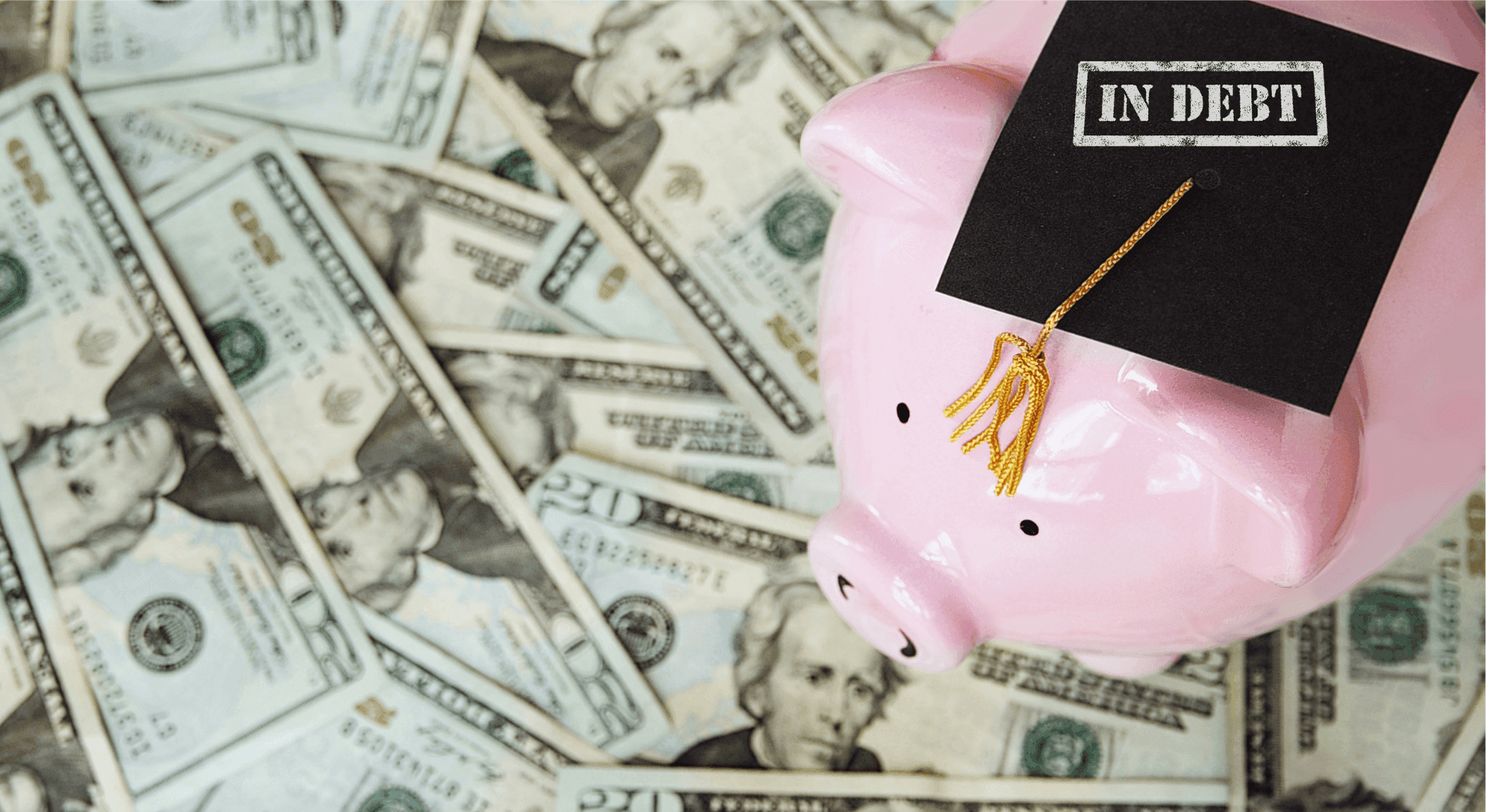Understanding the Student Loan Payment Pause: Facts and Implications
Navigate the Student Loan Pause: Crucial Insights for a Seamless Restart

Key Takeaways
- The Student Loan Payment Pause and its Scope: The federal government has implemented a student loan payment pause due to the financial strain of the COVID-19 pandemic. Importantly, this pause only applies to federal student loans, not private ones. Interest on the federal student loans is not accruing during this pause.
- Implications of the Pause: Despite the temporary relief of the pause, it isn't a loan forgiveness. Borrowers should anticipate potential variable interest rates when the pause ends leading to possibly higher monthly payments. They're responsible for paying back their loans post the pause, and any missed payments will need to be reconciled.
- Preparing for the Restart: Borrowers can prepare for the restart of payments by communicating with their loan providers, reviewing current rates, considering repayment benefits with their employers, and resorting to fundraising platforms like Paidly’s Friends Helping Friends.
After three years, Federal student loan forbearance has official end date: August 30, 2023.
The COVID-19 pandemic has caused a significant financial strain on many individuals, including those with student loans. In response to this, the federal government implemented a student loan payment pause, which has been extended several times. Here are the facts and implications of this pause and what borrowers need to know.
Facts
The student loan payment pause was first implemented in March 2020 and has been extended several times. The current extension is set to expire on August 29, 2023. During this time, borrowers with federal student loans are not required to make payments, and interest is not accruing on their loans.
However, it is important to note that this pause only applies to federal student loans. Private student loans are not included in this pause, and borrowers should contact their loan providers to discuss their options.
Implications
While the student loan payment pause has provided much-needed relief for borrowers, there are some potential implications to consider. One of the most significant is the potential for variable interest rates. When the pause ends, borrowers may see their interest rates increase, which could result in higher monthly payments.
Additionally, borrowers should be aware that the pause is not forgiveness. They will still be responsible for paying back their loans once the pause ends, and any missed payments will need to be made up. It is important for borrowers to prepare for the restart by reaching out to their loan providers, reviewing current rates, and discussing repayment as a benefit with their employers.
Preparing for the Restart
To prepare for the restart of student loan payments, borrowers should take several steps. First, they should reach out to their loan providers to discuss their options and ensure that they are prepared for the restart. They should also review their current interest rates and payment plans to ensure that they are still the best options for their financial situation.
Another option for borrowers is to discuss repayment as a benefit with their employers. Some employers offer student loan repayment assistance as part of their benefits package, which can help employees pay down their loans faster.
Finally, borrowers can utilize fundraising platforms like Paidly’s Friends Helping Friends to help pay down their loans. Paidly allows borrowers to create a fundraising campaign and share it with their friends and family, who can then donate to help them pay down their loans.
Conclusion
The student loan payment pause has provided much-needed relief for borrowers during the COVID-19 pandemic. However, it is important for borrowers to understand the facts and implications of this pause and prepare for the restart of payments. By reaching out to loan providers, reviewing current rates, discussing repayment as a benefit with employers, and utilizing fundraising platforms, borrowers can better prepare for the restart and manage their student loan debt.
Team Paidly
Paidly is a Student Loan Repayment Benefit platform. Leveraging over a decade and a half of Fintech, student loan origination, and refinancing experience. Paidly specializes in creating custom student loan repayment benefit plans, designed specifically to allow employers to pay directly towards their employees' student loans. Paidly's system requires no integration and enhances talent attraction and employee retention.
Join our newsletter
Don't miss any more news and subscribe to our newsletter today.
The information provided is of a general nature and an educational resource. It is not intended to provide advice or address the situation of any particular individual or entity. Any recipient shall be responsible for the use to which it puts this document. Paidly shall have no liability for the information provided. While care has been taken to produce this document, Paidly does not warrant, represent or guarantee the completeness, accuracy, adequacy, or fitness with respect to the information contained in this document. The information provided does not reflect new circumstances, or additional regulatory and legal changes. The issues addressed may have legal, financial, and health implications, and we recommend you speak to your legal, financial, and health advisors before acting on any of the information provided.
You may also like

A Meaningful Gift for the Ones Who Matter Most
Gifting financial freedom is more than a gesture - it’s an investment in those you care about. Help your loved ones thrive by supporting their education this holiday season.

The Gift That Keeps On Giving: 529 Year-End Bonuses
Spread your year-end bonus further this season by paying directly toward employees’ 529 educational savings plans.

Why You’ll Want to Put Year-End Bonuses Toward Student Loans
Putting employee year-end bonuses directly toward student loans is the perfect way to strengthen your workforce this holiday season.
